One wouldn’t look at my friend, Ruth, and guess that she is scared to be in a relationship. Because Ruth is the kind of girl who is the life of every group. Not only is she beautiful, but she is also ambitious and good at what she does. She is the girl you go to whenever you want to plan a great event. She attracts a lot of people and is constantly asked out on dates.
So when she told me her next-door neighbor had asked her out, I teased her and asked if she’d met her match. However, she looked at me with a serious face and said, “I like her, but I’m scared of a relationship.” It was only then that I realized that Ruth had relationship anxiety. To understand how fear of intimacy works, I connected with counseling psychologist, Aakhansha Varghese (MSc Psychology), who specializes in different forms of relationship counseling, right from dating and premarital issues to breakups, abuse, separation, and divorce.
Is It Normal To Be Scared Of Being In A Relationship?
Table of Contents
People often assume gamophobia, or the fear of commitment, is about having cold feet before they go exclusive. But it is slightly more complicated than that. Fear of commitment can be rooted in a fear of love or being afraid to be vulnerable in a relationship. It is often used as an umbrella term to denote different types of love phobias.
Aakhansha says, “Fear of being in a relationship is not always a fear OF the relationship. It could stem from a fear of being vulnerable with another person. It is a very common phenomenon.”
Research suggests that modern generations are more likely to have a fear of falling in love as compared to older generations. Aakhansha suggests the following reasons behind the shift:
- Childhood trauma: If the person has experienced a lack of intimacy with their parents while growing up, that can lead to a fear of love. It can then become a challenge to experience platonic or romantic relationships. The person develops a belief that they are not worthy of love. This is why most of their relationships are shallow, and they only focus on receiving the validation that they didn’t get as a child
- History of being betrayed: Being a victim of infidelity can lead one to distrust their current partner, out of the fear of getting betrayed again
- Cultural differences: It’s also possible that the person belongs to a culture that is very strict about gender roles, particularly regarding marriage. In this case, gamophobia may stem from the fear of being trapped in a strict and unwanted environment
- Too much investment: A relationship is an investment. You have to invest your time, energy, and emotions in it. In the case of marriage, the legal code in various countries also requires one to take care of the partner in the event of a divorce. This can make people shy away from getting married, even when they’ve been living together for years
- Multiple issues: It can also be an amalgamation of low self-worth, an insecure attachment style, and past trauma. Trauma doesn’t always have to be parental, it could also result from failures in romantic relationships in their teen years
Related Reading: What Is Trauma Dumping? A Therapist Explains The Meaning, Signs, And How To Overcome It
7 Signs You Are Scared To Be In A Relationship
Since it’s often dismissed as a ‘new-generation’ fad, gamophobia is rarely taken seriously. None of us could look at Ruth and deduce the storm rushing inside her. She would often be found at the center of the group, laughing and exchanging jokes. So it never occurred to anyone that she’d have any fear of intimacy, but after her confession, I began to see visible signs of her fear of falling in love. Here are some of them:
1. You avoid showing your inner self to anyone
Emotional unavailability manifests as an inability to share your innermost thoughts, feelings, and personal experiences. But it could also be experienced as an inability to empathize with anyone, or getting defensive without provocation. This is a common observation when one has to deal with relationship anxiety. The rationale here is that if emotions are weapons, as this research suggests, then by hiding your innermost thoughts, you are denying people the means to hurt you.
- You rarely share anecdotes about your childhood or personal life
- You get highly defensive at seemingly benign suggestions. This happens when other people unknowingly hit upon an emotional trigger. In Ruth’s case, she’d get extremely upset if someone told her to relax. She’d take it as a sign of her incompetence
- You can’t provide them with the necessary support when they’re upset. But if they’re upset with you, you find it unfair
2. You want to present your most perfect self in front of your partner, which leads to stress and anxiety
When you’re constantly anxious about your partner’s interest in you, it manifests in two ways. Either you try to keep your anxiety hidden so that they continue to hold you in high regard. Or you go overboard, showering them with attention until they feel stifled.
- You’re always on guard, dressing up in a way that you believe they’d like. You can never relax around them
- You purposely settle for the wrong partners. The logic behind this decision is that they will feel satisfied with you and not betray your trust. Aakhansha says, “It creates a ripple effect. You have low self-esteem, so you choose someone with low expectations. But you can’t connect with them on an emotional level, so the relationship is short-lived. This makes you wary of commitment.”
- You avoid talking about things that upset you, even going to the extent of avoiding the person to avoid talking about your issues. These are the classic signs of low self-esteem behaviors in a relationship.
3. You think your relationship is destined for doom
Murphy’s Law states that “Anything that can possibly go wrong will go wrong.” You take it as a talisman for your relationship. A major sign you’re scared to be in a relationship again is that you begin to catastrophize. This puts you on high alert for such an occurrence – to the point where you get exhausted from the worry and almost ‘will’ it to happen. This may lead to sabotaging your own relationship.
- You look only for relationship red flags. Aakhansha says, “This is like a self-fulfilling prophecy. Because you’re only looking for flaws, you ignore the good things in the relationship.”
- You don’t appreciate the differences in the relationship. Aakhansha explains this through an example. “You expect your partner to call you often. But he doesn’t like talking every day. Yet, he makes that effort for you. However, you think it’s a forced gesture and not genuine. So, you’re putting more focus on their perceived lack of authenticity than their effort.”
- You avoid long-term plans or calling them your partner in public. 30 Days in September, a celebrated play by Mahesh Dattani had a woman at its center who could never have a relationship beyond 30 days, as a trauma response to her childhood abuse
4. You are afraid to be vulnerable in a relationship
When you’re scared to be in a relationship after you’ve been betrayed once, you try to avoid the same pain. This can manifest as a desire to keep things casual or to not share your inner self. If your date starts developing feelings for you and you don’t reciprocate, they’ll back away, and you lose the possibility of a romantic connection. Or, your lack of vulnerability puts stress on a relationship where your partner is trying to stay despite your fear of love.
- Sex becomes a performance to impress them with your prowess, instead of being an emotional connection
- You avoid professing your love for them
- You back away at the first sign of trouble instead of fighting for it
- You look for partners who don’t want commitment either
Related Reading: 13 Green Flags In A Relationship To Look Forward To
5. You have trust issues
Trust issues are likely to develop when a person has experienced inconsistent behavior in the past. Due to a lack of predictability in a parent’s or ex-partner’s response, you learn to associate that pattern with other people too. This can create a communication gap and cause misunderstandings in the relationship. Aakhansha says, “People may begin to play mind games or do things like avoid their partners, or ghost them in order to not appear desperate.”
- There are communication problems in the relationship. You leave their messages on read and avoid responding to them immediately in order to appear busy
- You don’t want to appear eager, so you never tell them how much you like them
- You don’t like entrusting them with doing anything on your behalf or making changes in your space
Aakhansha says, “Humans are social animals. We thrive on social connections. A person not being able to healthily depend on someone can lead to hyper-independence. This is a trauma response. And the people afflicted are not able to rely on anybody else, as they believe it can lead to them being vulnerable”
6. You keep making the same mistakes
Albert Einstein once said, “Insanity is doing the same thing over and over and expecting different results.” Now, I’m not calling gamophobia insanity. But if you keep making the same mistake in every relationship, and then link the failure of that relationship to your inadequacy, you’re planning to fail again.
- You keep going out with the same kind of toxic people
- You keep playing the same mind games to keep them on edge, not realizing you’re pushing them away
- You don’t give them a chance to form a meaningful relationship with you. This kept happening with Ruth. She’d go on dates, but never for the second or third time, even if she liked the person
7. You overthink their words and actions
You begin to overthink what they do and say instead of just enjoying the moment. This leads to an excessive analysis of their behavior, resulting in an unhealthy obsession. Overthinking ruins relationships by creating an atmosphere where you are never at peace.
- You get worried when you find out they’ve been talking to other people
- Since you don’t want to appear interested in what they do, you start to investigate on your own to ascertain the purpose of their actions. This is borderline stalking
- You are irrationally jealous and get obsessive about them
What To Do When You Are Scared To Be In A Relationship?
If you want to move beyond “I like him but I’m scared of a relationship”, then you need to work on it internally. Feeling scared to be in a relationship is rooted more in your core than in external factors.
Related Reading: 14 Types Of Guys Who Stay Single And Why They Do
1. Try to figure out the reason for your fear
Whenever you get jitters about someone you like, ask yourself, “Why am I afraid to be in a relationship with them?” Think about what it is that you’re worried about. Are you thinking their behavior will change after getting into a relationship? Are you worried that you will feel lost in the relationship? Are you worried that they might leave you after some time?
- Think about what you fear in the relationship — is it them or the abandonment or something else?
- Have you noticed the signs you are scared of your partner’s opinion of you?
- If you fear them or their behavior and think that it is more intense than you can deal with, then take your time and set a comfortable pace
- However, if you are getting a positive and patient response from them, you may start with small steps
2. Stop being hard on yourself
You need to stop blaming yourself for this fear. Aakhansha says, “People often come and ask me: Why am I afraid to be in a relationship again? I often see an internalization of the relationship, where someone takes their breakups very personally. So it becomes “They didn’t leave the relationship, they left me”. One needs to make a healthy distinction here. You are going to be affected during the breakup, but you need to think of it as them leaving the relationship, rather than you. Why call it abandonment?”
- Shift the perspective. You’re not your relationship, the relationship was part of your life
- To cope with your abandonment issues, start thinking of it as a parting of ways instead of someone leaving you
- Break the pattern of self-pity by listing out what was wrong in the relationship. Write it all down in a journal: why it was bad for you, what you could have done to improve it, and what you wanted in a relationship but couldn’t get. This will help you get some clarity
3. Start with small steps
If making a long-term commitment seems terrifying to you, but you also want to not be afraid in a relationship, then try making short-term goals for the relationship. Once you’ve attained a goal, plan another one that’s bigger than the previous one. These plans could be anything and can be made after you’ve discussed what’s comfortable for everyone.
- Make plans like going out on a holiday, introducing each other to your friends, or staying together for a weekend
- Communicate with your partner when it gets overwhelming for you
4. Try to communicate with your partner
Matt, a paralegal from New York, told me about a girl he dated for two years, who broke up with him when he proposed to her. “I thought she was ready. We’d been together for so long. I guess she liked me but was scared of a relationship. I reached out to her, trying to ask if she wanted more time, or wanted to take a break, but she just ghosted me.”
- Try couple’s communication exercises with your partner to discuss your relationship fears. It may feel as if you’re handing them a weapon, but you need to trust them
- It is also important to know if you’re with the right person. Follow your instincts. A sign you are scared of your partner is that you’re scared of communicating your thoughts to them. This is not a healthy relationship
5. Seek help
Aakhansha says, “The word abandonment is often used in the context of small children, who are dependent on a caregiver. Feeling abandoned as an adult means you’ve reached your inner child. Psychotherapy can help in such cases.”
- Talk to friends and family about how this is affecting your life. A lot of these fears are rooted in childhood trauma, so talking about it can help
- Talk to a licensed therapist. At Bonobology, we have an extensive panel of therapists and counselors to help you get through your issues

How Do I Know If I’m Ready For A Relationship?
It’s important to know if you’re ready for something before you get into it. This is also true in a relationship. If you don’t have the mindset required for a meaningful relationship, it’s just going to waste the time and energy that you and your partner have invested in each other. This will only lead to a heartbreak you could’ve easily avoided. Here’s what you have to look for:
1. You ‘want’ the relationship, not ‘need’ it
Aakhansha says, “When you get into a relationship because it’s a ‘need’, a dependency is created. But when a relationship is a ‘want’, you know it’s only an addition to your life. Then, the person is mindfully aware of the role of the relationship in their life.”
- You look for someone you genuinely like instead of making compromises for someone who will fill a gap in your life
- You want to connect with them on an emotional level
- You don’t feel ashamed or embarrassed of your relationship
Related Reading: What Is Not Love But Thought As Love? 15 Such Things
2. You are ready to work on it
When you decide that “I’ll not be afraid in a relationship anymore, this is what I want”, you have already done half the work. The first step in solving a problem is recognizing it as such.
- You communicate with people around you, asking for their help with your abandonment issues
- You talk to your partner, telling them what you feel, and decide what you would require from each other to make it a meaningful relationship
- You set healthy relationship boundaries and are ready to make some adjustments
3. You don’t want to push them away
You seek their company, even if it means showing your inner feelings. You feel like sharing your experiences and thoughts. You still feel slightly stressed when you express your feelings to them, but you no longer run away from them.
- You become conscious that the things you are doing to avoid looking desperate might affect your partner negatively
- A common trait of someone with low self-esteem is that they punish their partner for the behavior they find disrespectful by ghosting them or avoiding their calls. Now, you try not to cause them pain by using such unfair means
- You’re willing to give them the benefit of the doubt without immediately assuming the worst
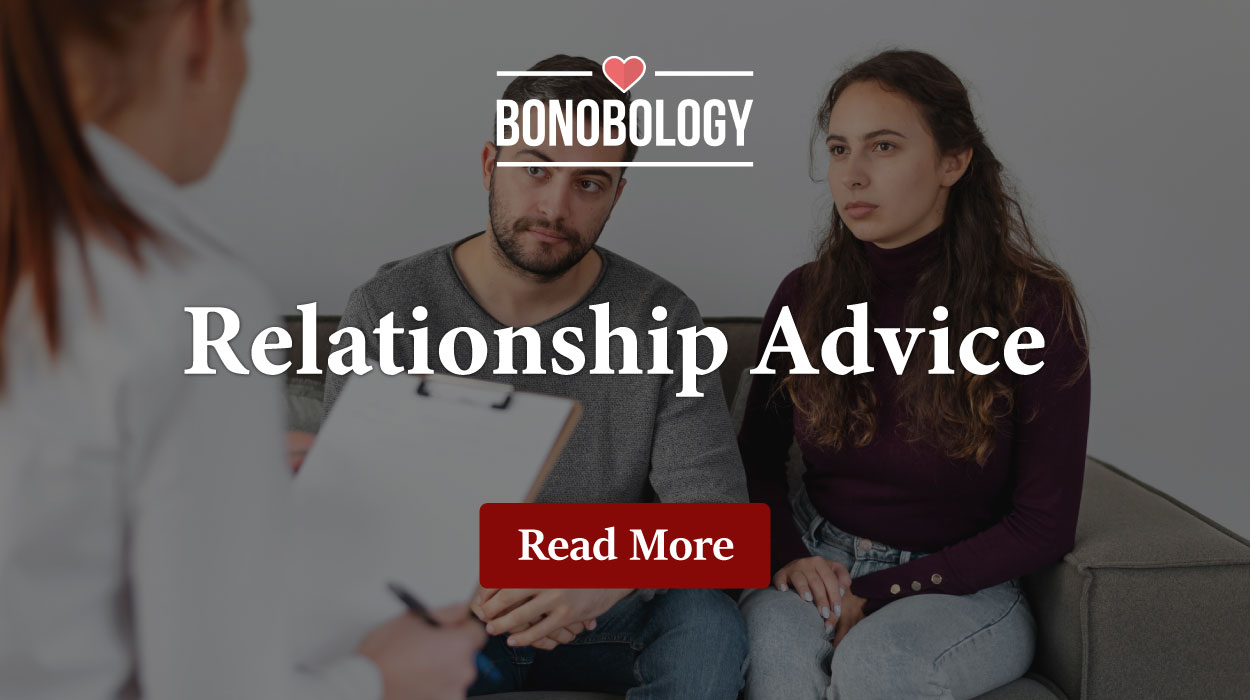
4. You don’t lower your expectations anymore
When people are scared of being left in a relationship, they automatically begin looking for someone with whom they have fewer chances of rejection. This may lead them toward people who are looking for emotional or financial support. When you look for someone who would want your company because they appreciate your support more than you, you are essentially getting into a relationship based on a barter system. This is neither healthy nor sustainable in the long term.
- You begin to look for people who want you for your personality rather than for what you can give them
- You learn from your mistakes and move on from a toxic relationship to break the pattern once and for all
- You recognize your self-worth and look for a partner who helps you improve yourself
5. You give yourself time to grieve
When you go through a bad breakup, you need time to recover from it. Aakhansha says, “You need to have closure from your previous relationship before you move on to your next. When you know you need to process the pain and work on it, you are able to let go of the emotional baggage.”
- You don’t look for a rebound
- You explore your feelings by spending time alone
- You don’t push yourself into a hectic schedule, hoping to distract yourself from the pain
Key Pointers
- It’s normal if you’re feeling scared to be in a relationship. It’s more common than we think it is
- When you’re afraid to be in a relationship, you avoid showing your true feelings, get anxious, and develop trust issues
- Seek help if you want to break the cycle
- To truly be free of the fear, you must work on eliminating negative self-criticism
At Ruth’s wedding, I was talking to Min, her bride. She told me, “I knew she liked me but was scared of a relationship. She was just too scared to make the move. So, I did.” With Min’s love and support, Ruth decided to take the leap and seek therapy. It was difficult at first because she was too scared of the change Min was bringing inside her. But gradually, they began to see the effects. If you don’t take the right step, your fear of getting into a relationship can stifle your capacity for love for a lifetime. Try one step at a time, and you’ll see that you’ve walked a mile before you know it.
12 Expert Tips On How To Stop Being Possessive In Relationships
Your contribution does not constitute a charitable donation. It will allow Bonobology to continue bringing you new and up-to-date information in our pursuit of helping anyone in the world to learn how to do anything.

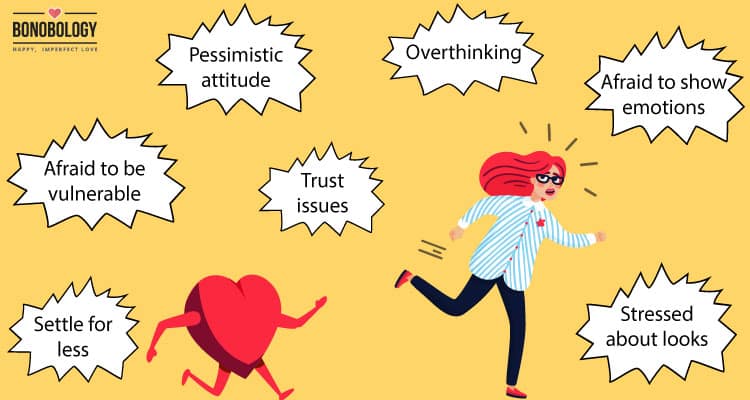
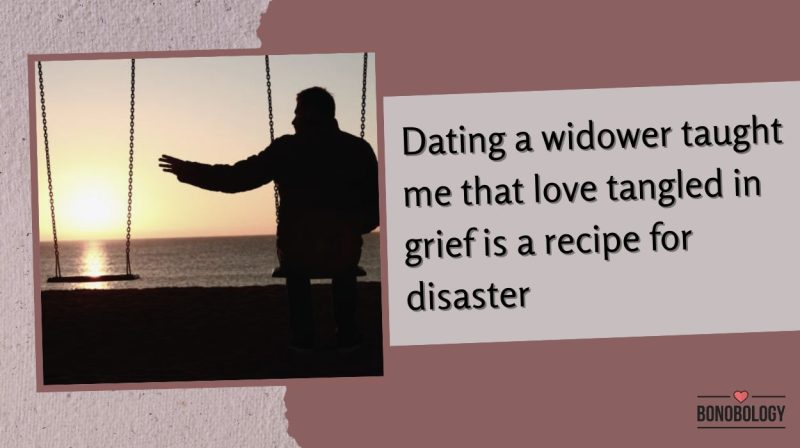
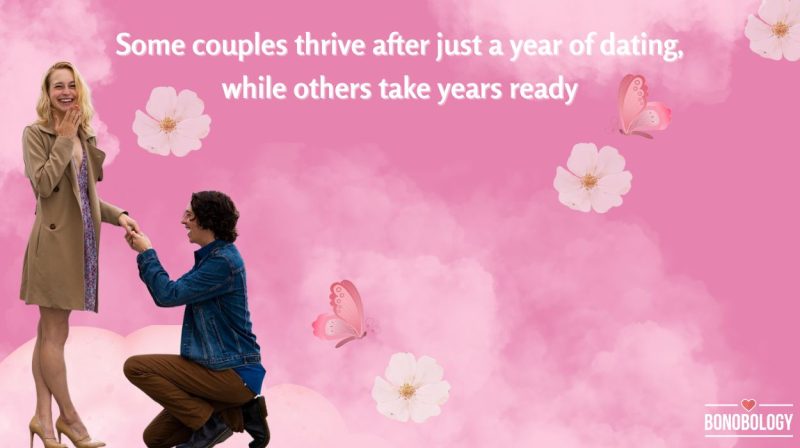
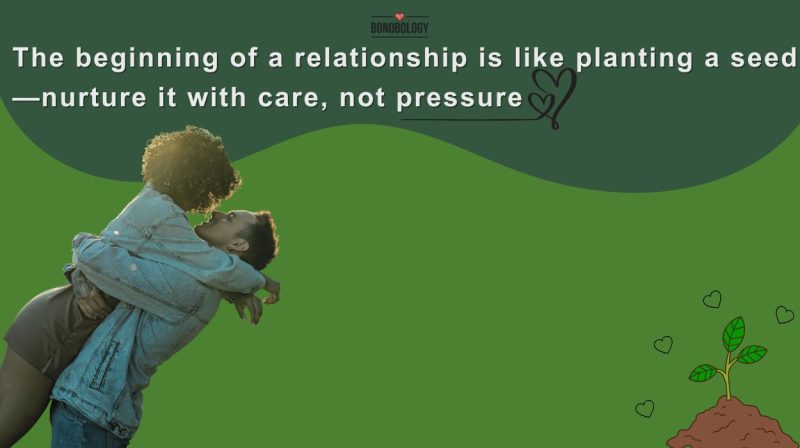
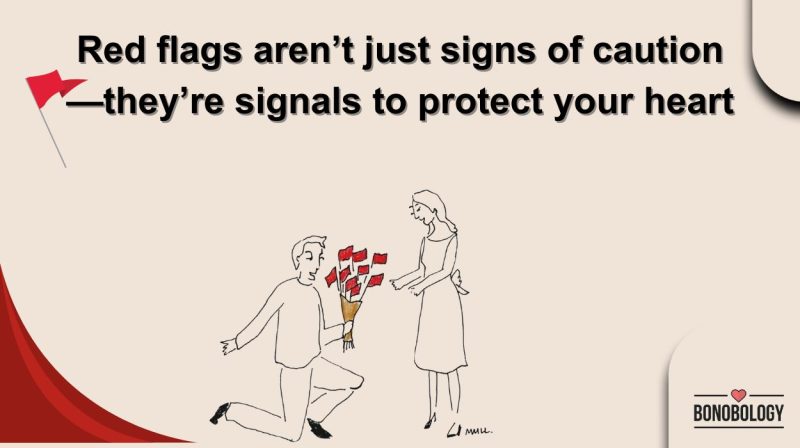

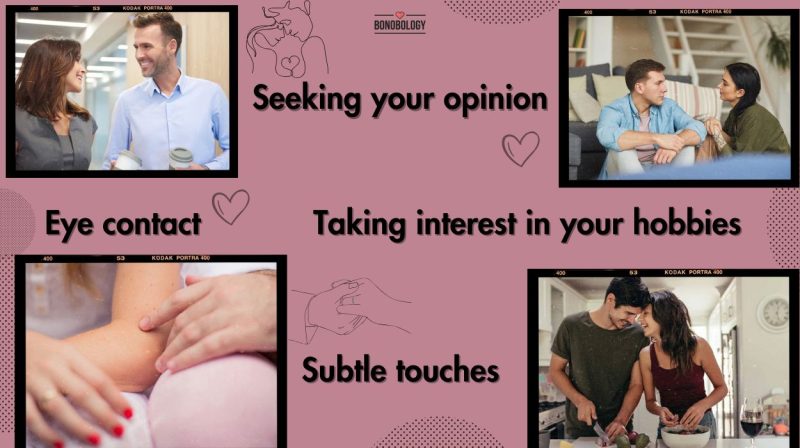
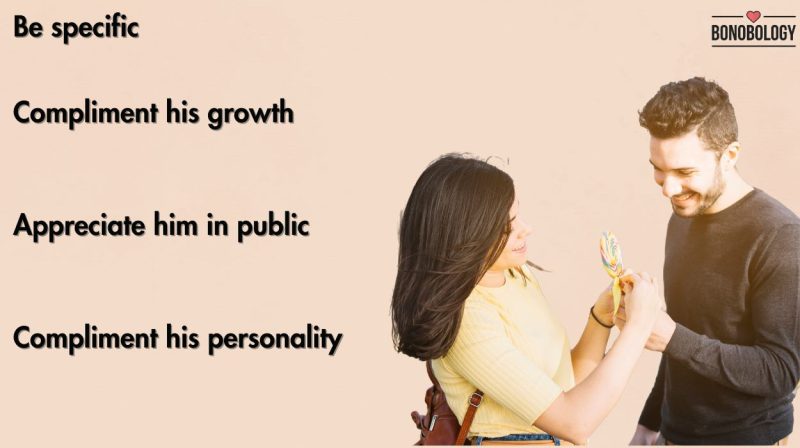
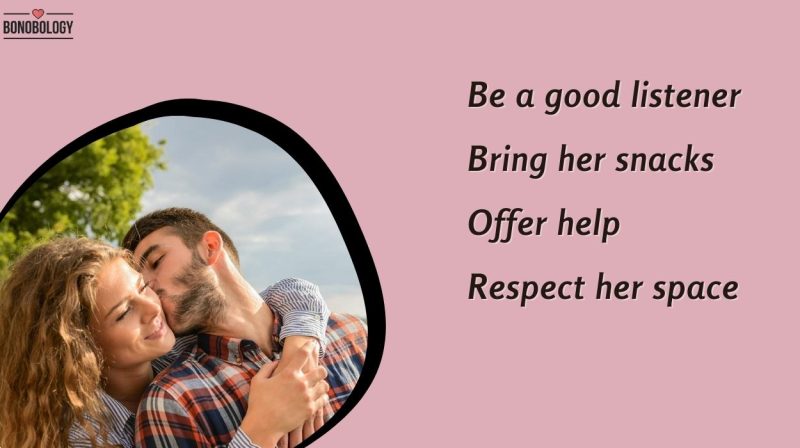
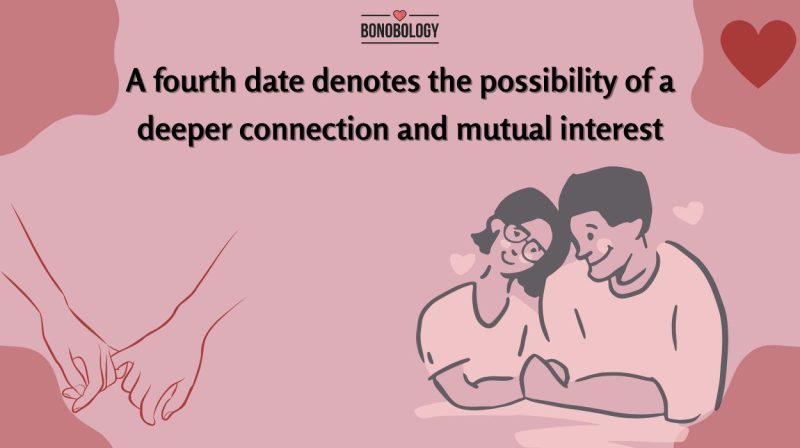
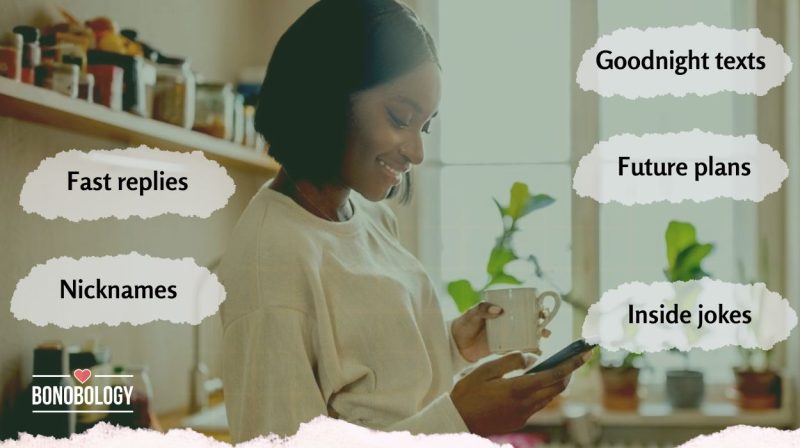
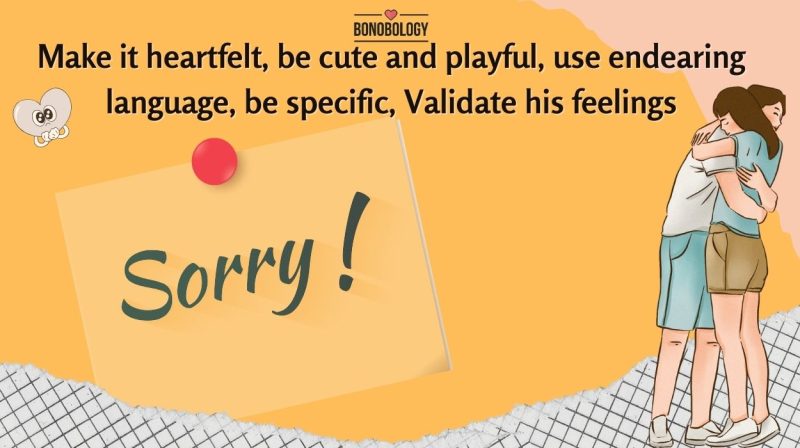
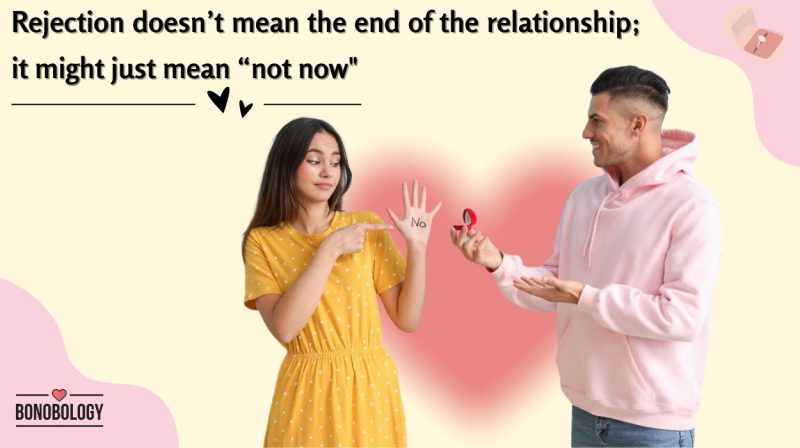



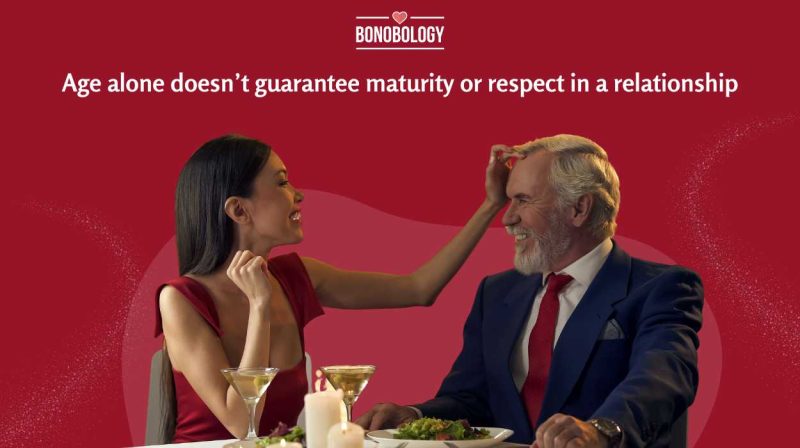

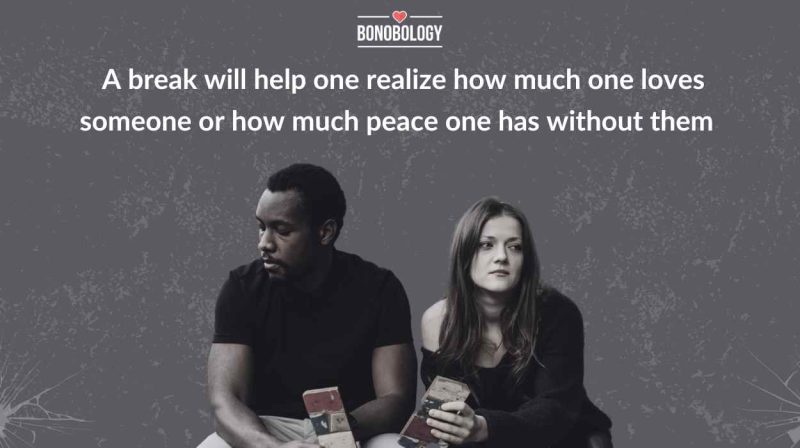

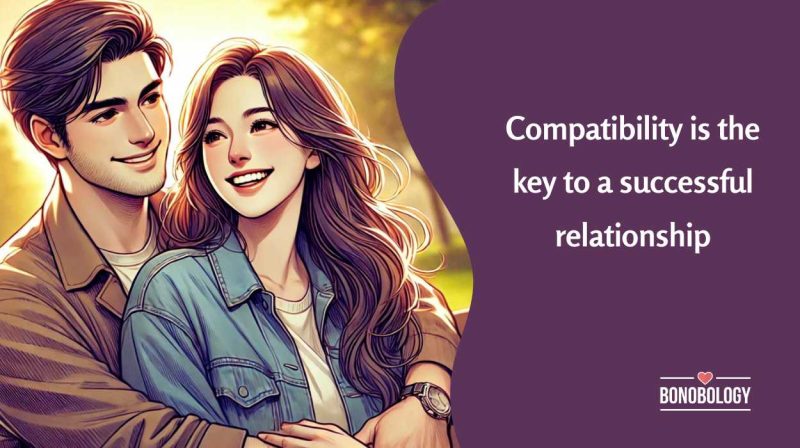
“You begin to look for people who want you for your personality rather than for what you can give them” – This is where I’m at right now. So true
I relate to this a little too much… thanks for the great.info